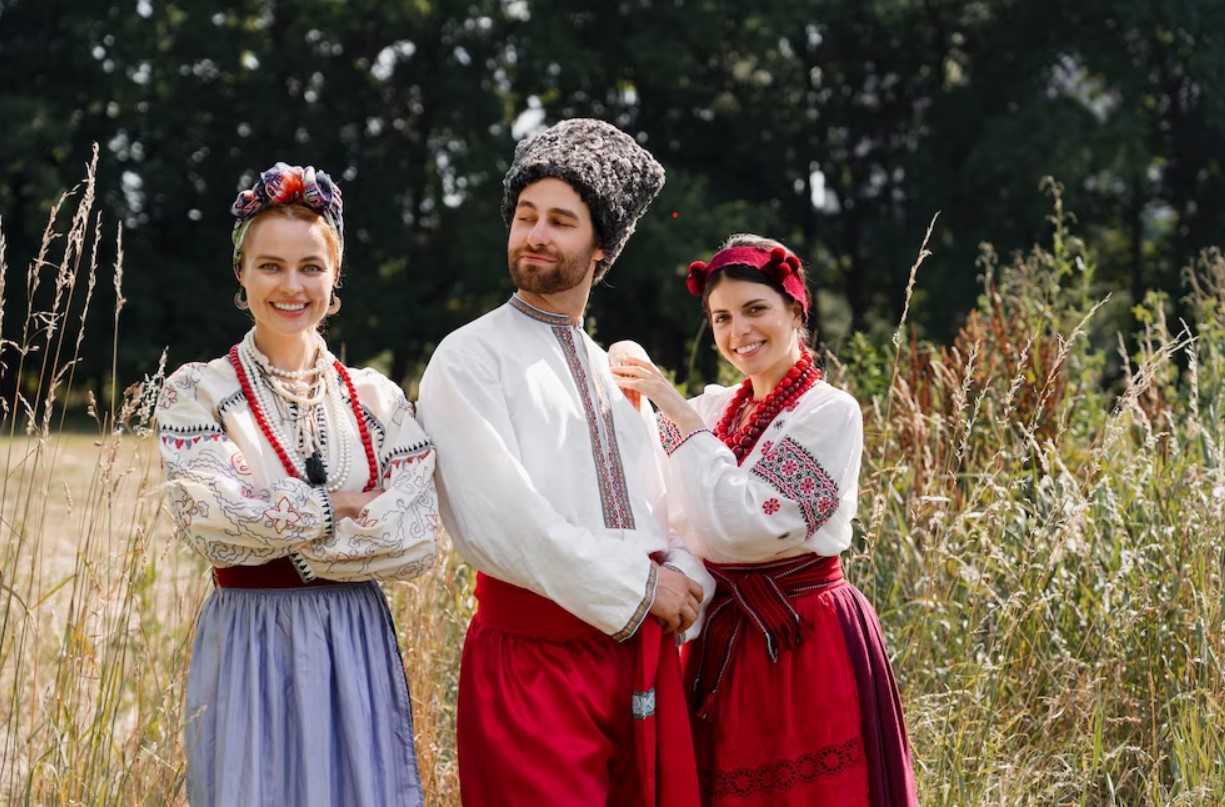
It's important to note that there is no single "typical" Englishman, as England, like many countries, is diverse and multicultural, with a wide range of people from various backgrounds, regions, and walks of life. However, there are some cultural traits and characteristics that are often associated with the English, but they may not apply to every individual. Here are a few common stereotypes or characteristics often associated with a "typical" Englishman:
-
Politeness: The English are often known for their politeness and use of "please" and "thank you" in everyday interactions. Queuing (waiting in line) is also seen as a national pastime.
-
Reserved: Some people perceive the English as reserved or emotionally restrained in public situations. This can manifest as a reluctance to show strong emotions in public settings.
-
Tea Drinking: Tea is a beloved beverage in England, and "tea time" or "afternoon tea" is a cultural tradition for many.
-
Humor: British humor is famous for its dry wit and irony. Shows like Monty Python and comedians like John Cleese are known for their unique style of comedy.
-
Love of Gardens: Gardening is a popular hobby in England, and many people take great pride in their gardens.
-
Football (Soccer): Football, known as soccer in the United States, is a hugely popular sport in England. Premier League matches draw a global audience, and football culture is deeply ingrained.
-
Royal Family: The monarchy is an important part of English culture, and the British royal family, including Queen Elizabeth II, has a significant following.
-
Literature: England has a rich literary tradition, and famous English authors like William Shakespeare, Charles Dickens, and Jane Austen have made enduring contributions to world literature.
-
Countryside: Many English people have a deep appreciation for the countryside and enjoy outdoor activities like hiking and walking.
-
Fish and Chips: Fish and chips is a classic English dish that is enjoyed by people across the country.
It's important to remember that these are generalizations and stereotypes, and individual personalities and behaviors can vary widely. England's cultural diversity means that there is a wide range of attitudes, interests, and backgrounds among its people. Stereotypes should not be used to make assumptions about any individual.


































